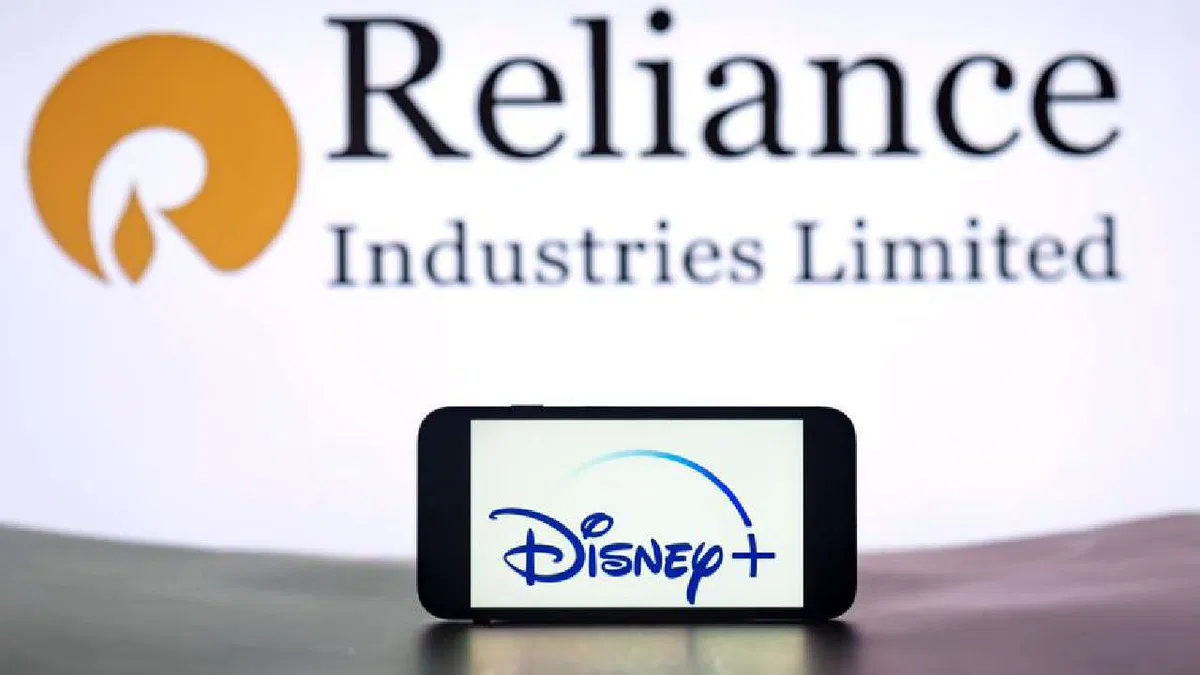STARTUP-STORIES
Reliance-Disney Merger: Companies Propose Regional Channel Sales to Secure CCI Approval While Defending Cricket Rights

SUMMARY
Reliance and Walt Disney are seeking faster antitrust approval for their $8.5 billion merger by agreeing to sell several TV channels, primarily regional language channels, but are resisting changes to their valuable cricket broadcasting rights, including those for the Indian Premier League (IPL).
The merger would create India's largest entertainment entity, raising concerns about market dominance in both TV and digital cricket broadcasts, with potential impacts on advertising market share. The Competition Commission of India (CCI) has yet to formally address these issues, particularly regarding the cricket rights.
In a bid to secure faster antitrust approval for their monumental $8.5 billion merger, Reliance and Walt Disney are offering to divest several TV channels. However, they are resisting any changes to their highly coveted cricket broadcast rights, according to sources familiar with the situation.
A Merger of Epic Proportions
Announced in February, the merger between Reliance and Disney is set to reshape the Indian media landscape, creating the country’s largest entertainment entity. This newly formed giant will boast a staggering portfolio of 120 TV channels and two streaming services. The merged company, predominantly owned by Mukesh Ambani's Reliance, will now be a formidable competitor to established players like Sony, Zee Entertainment, Netflix, and Amazon.
Antitrust experts have raised concerns about the merger's impact on market competition, especially with the merged entity’s substantial cricket broadcasting rights. The merger is feared to consolidate significant control over both TV and digital cricket broadcasts, which could enhance pricing power and influence over advertisers.
Concessions to Secure Approval
To address these concerns and expedite the approval process, Reliance and Disney have proposed selling fewer than ten TV channels. This move aims to mitigate fears of market dominance and gain an early nod from the Competition Commission of India (CCI). The proposed divestments focus primarily on regional Indian language channels where the companies have significant market shares.
The CCI had previously issued around 100 questions to the companies, probing the potential competitive impact of the merger. Sources revealed that while the companies are willing to offload some channels, they are firm on retaining their cricket broadcasting rights, citing the upcoming expiration of these rights in 2027 and 2028.
Cricket Rights: A Major Point of Contention
Cricket, with its massive following in India, remains a central issue in the merger review. Reliance and Disney’s combined control over cricket broadcasting rights, including those for the Indian Premier League (IPL), has raised alarms about their potential to dominate the advertising market.
Jefferies, a financial services firm, estimates that the merged entity could hold a 40% share of the TV and streaming advertising market. Former CCI mergers head K.K. Sharma has voiced concerns about the merger granting "almost absolute control over cricket," a sentiment echoed by many industry experts.
Despite these concerns, the CCI has yet to issue any formal objections regarding cricket rights. The companies argue that any attempt to sub-license these rights would require prior approval from the Indian cricket board, a process that could delay the merger's approval even further.
The Road Ahead
As Reliance and Disney navigate the complexities of this merger, the resolution of these issues will be closely watched by both the industry and regulators. The outcome could set significant precedents for future media and entertainment consolidations in India.
For now, the focus remains on how the companies will balance their strategic interests with regulatory demands, particularly in the high-stakes arena of cricket broadcasting.
Latest News

STARTUP-STORIES








